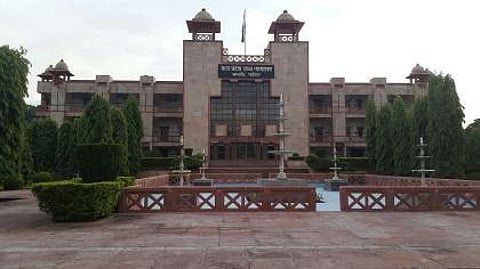
- News
- Columns
- Interviews
- Law Firms
- Apprentice Lawyer
- Legal Jobs
- हिंदी
- ಕನ್ನಡ

In what might be the only litigation involving this year’s Common Law Admission Test (CLAT), the Madhya Pradesh High Court recently dismissed a candidate’s challenge to the exam.